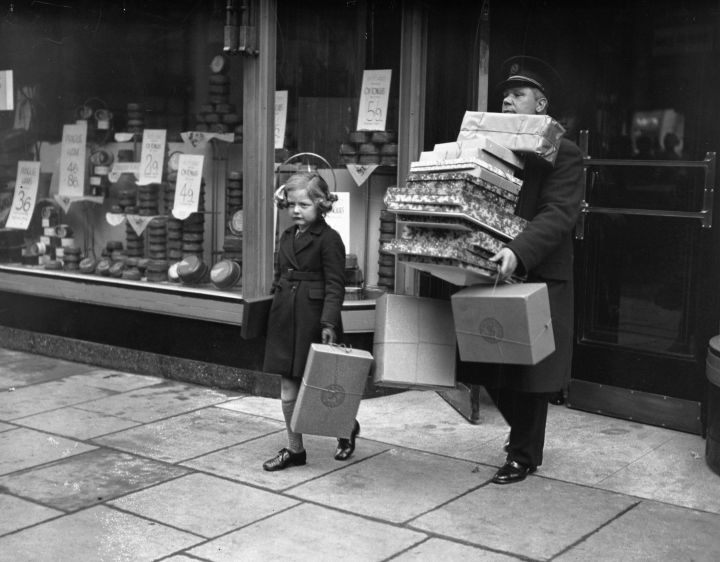
What’s gonna happen to the consumer economy?

Consumer spending accounts for 70% of economic activity. That’s one little factoid that we’ve repeated on Marketplace over and over and over. But given how much consumers are modifying their behavior now, will that still be true in the future?
First, let’s dig into what that 70% refers to.
Gross domestic product, or GDP, is an attempt to calculate the total value of goods and services produced by an economy. By the most recent measure, U.S. GDP was estimated to be $21.73 trillion.
The Bureau of Economic Analysis calculates GDP using four major components: private investment, government purchases of goods and services, net exports and personal consumption expenditures— that’s the big one. Personal consumption expenditures include all the goods and services that American consumers buy and pay for, including housing and healthcare, and accounts for 70% of the whole.
But personal consumption expenditures, or consumer spending, has not always accounted for as much of GDP as it does now. “Back in the 1970s, it was around 60% of GDP compared to around 70% today,” said Shannon Seery, an economic analyst with Wells Fargo Securities. Over the past couple decades, consumer spending has grown faster than other parts of the economy and changed the composition of GDP.
“Consumer spending is punching above its weight, if you will,” said William R. Emmons, the lead economist at the St. Louis Federal Reserve Bank’s Center for Household Financial Stability. Even as global growth slowed, business investment waned, and CEO confidence softened last year, consumers kept spending. “So that’s kind of what people mean when they say that the consumer is driving the economy,” Seery said.
So, what happens now? Now that none of us are going on vacation, or to the movies, or out to dinner, there are 10 million and counting newly unemployed people, and large parts of this economy are shutting down?
“The level of consumer spending is very likely to go down, but remember, these other things are going to be changing too,” Emmons said.
When people spend less on goods and services, businesses invest less too. They build fewer factories, hire fewer employees. In a slowing economy, less money is earned so less money is paid in taxes, which means some government spending could go down too. “There are some reports that because state and local governments are facing revenue shortfalls themselves, you could even see some decline in the government purchases area,” Emmons said.
The point is, it’s all connected. As consumer spending contracts, other parts of the economy will contract with it. “So in terms of relative contributions of consumers, it’s entirely plausible that consumer spending will be at least as important if not more important, as we go into the downturn,” Emmons said.
There’s a lot happening in the world. Through it all, Marketplace is here for you.
You rely on Marketplace to break down the world’s events and tell you how it affects you in a fact-based, approachable way. We rely on your financial support to keep making that possible.
Your donation today powers the independent journalism that you rely on. For just $5/month, you can help sustain Marketplace so we can keep reporting on the things that matter to you.


















